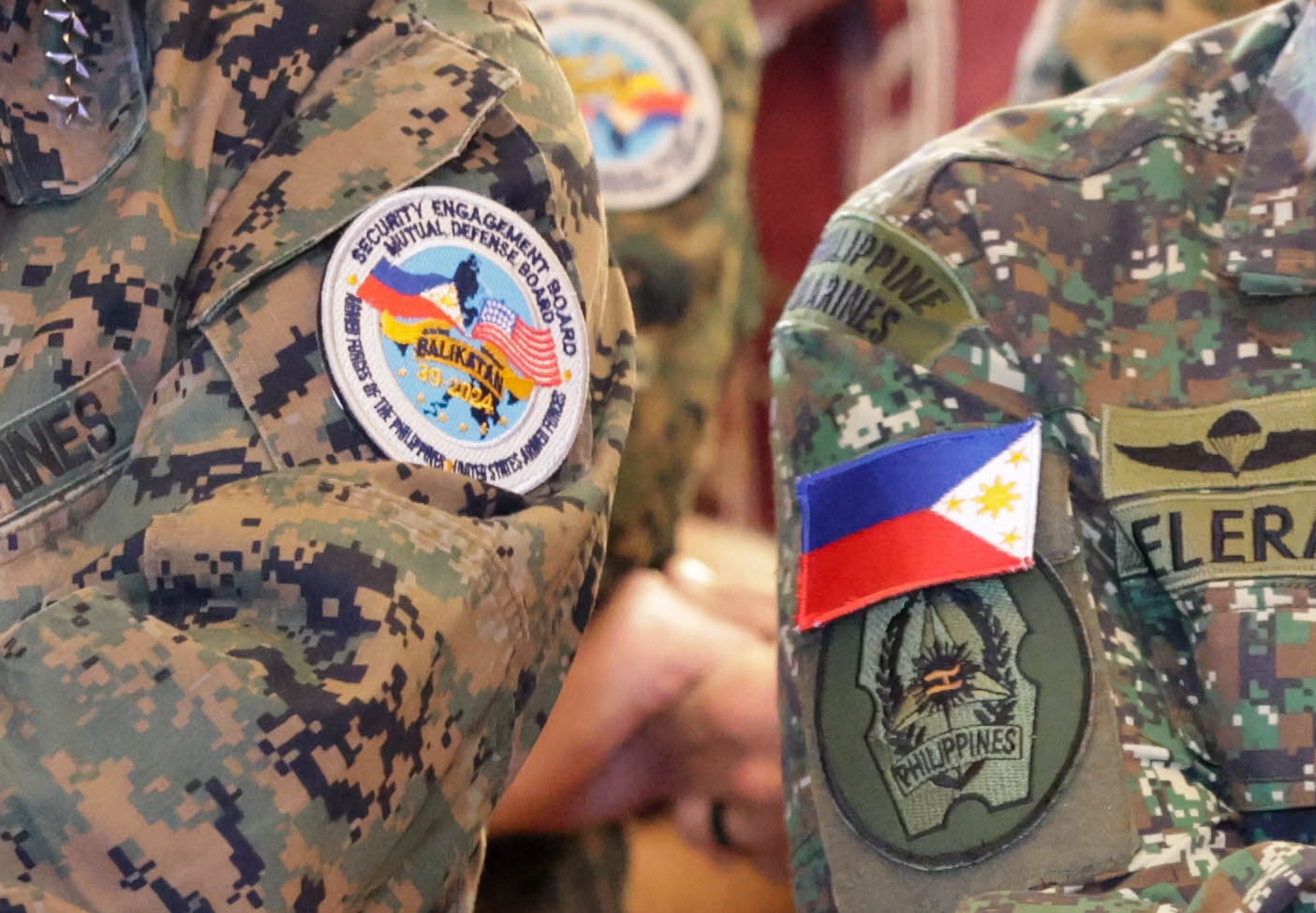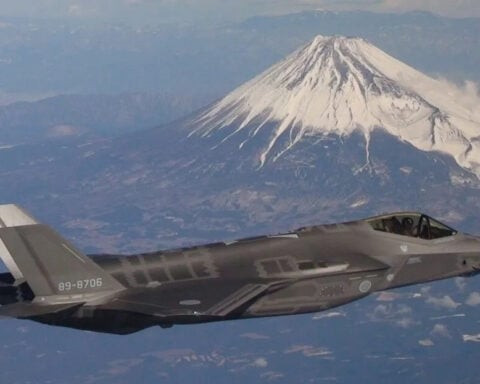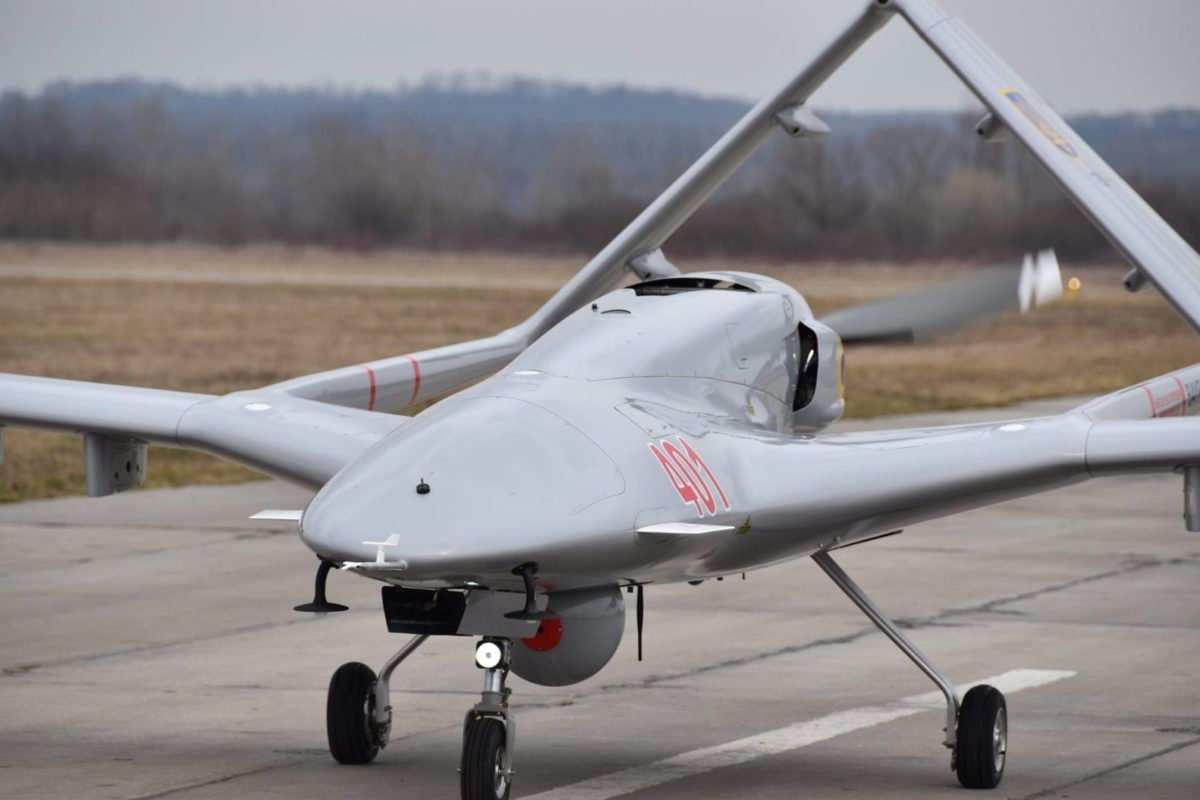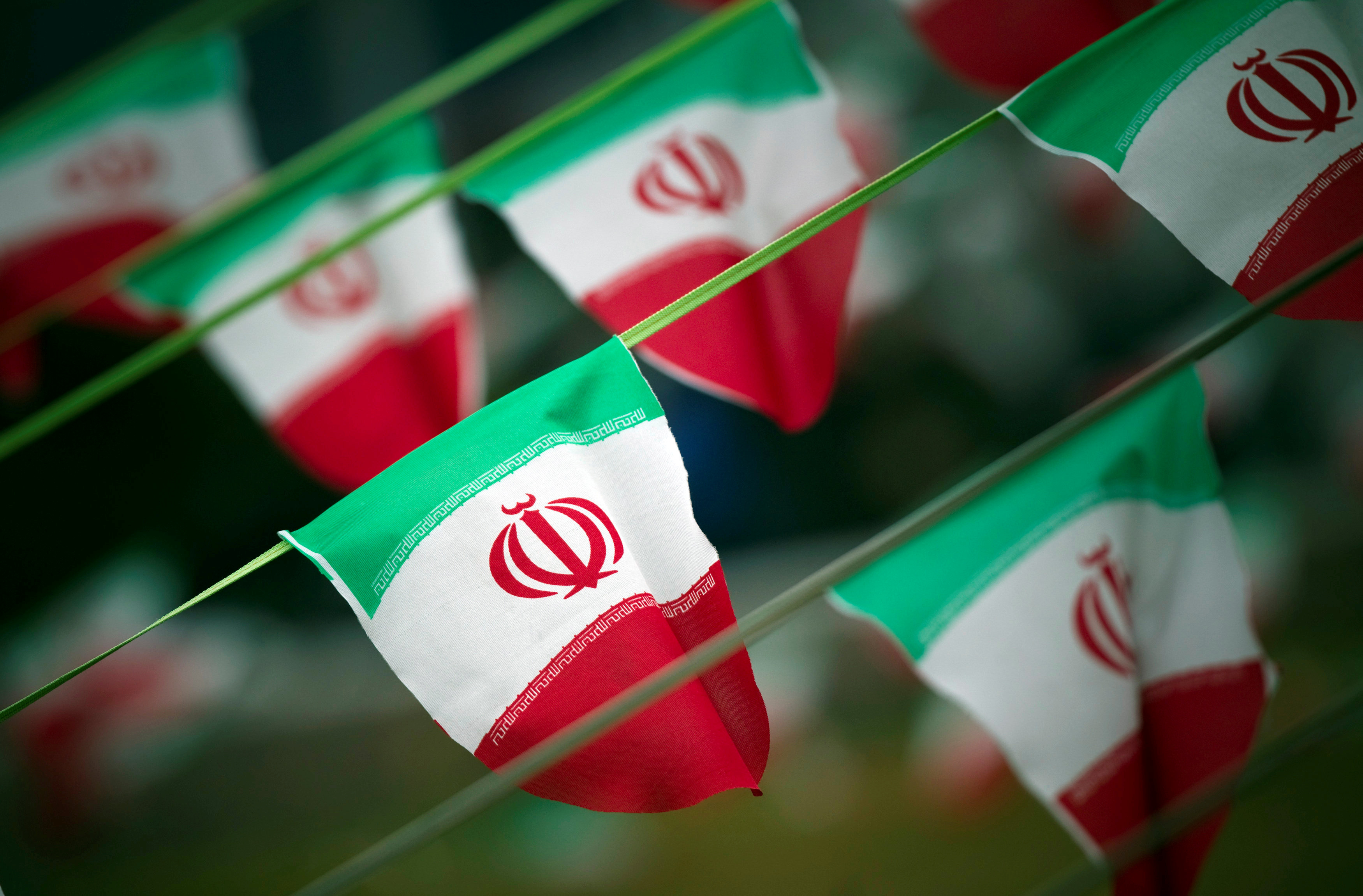 The Iranian Quds Force organizes, equips and finances the 50,000 Shia militia in Syria that provides the ground troops for the Russian and Iranian effort to prop up the Bashar al Assad regime, a retired senior Israeli Defense Force general said on Wednesday.
The Iranian Quds Force organizes, equips and finances the 50,000 Shia militia in Syria that provides the ground troops for the Russian and Iranian effort to prop up the Bashar al Assad regime, a retired senior Israeli Defense Force general said on Wednesday.
Assaf Orion, a military fellow at the Washington Institute for Near East Policy, said newly announced American determination to maintain a military presence in Syria until the Iranians leave is possibly overlooking the extent of Tehran’s deep roots in the seven-year-old civil war.
“Our acceptance of the rules of the game,” such as missile attacks on Israel from Syria and Lebanon or placement of roadside bombs in Iraq and Afghanistan that killed hundreds of American soldiers and Marines, “is their success,” he added in a discussion at the Atlantic Council in Washington, D.C.
The Quds force has to be viewed as the operational arm of the Iranian Islamic Revolution that toppled the Shah in 1979, The Atlantic Council’s Nader Uskowi said. The revolution’s intent then and now was to “create an arc of influence” that runs from western Afghanistan to the Mediterranean. “Syria was the missing link,” he said.
“The Quds force is organized in a way to outlast the Iranian government,” which is about to be subjected to new American sanctions on its energy exports and banking, he said. Through its work over almost two decades, the Quds force has delivered the ideological revolution as well as caches of arms and military training to Shia extremists in Afghanistan, Pakistan, Yemen, Iraq and Lebanon and has attracted forces from those countries as well as from the Persian Gulf states to join the struggle in Syria.
The United States is shifting away from supporting the Free Syrian Army in its fight in the southern part of the country against the Sunni extremists of al Qaeda and the remnants of the Islamic State to supplying Kurdish and others in the east.
The change in emphasis from seeing Syria as another counter-terrorism conflict for the United States will likely soon be tested by Russia and Iran, Jennifer Cafarella, director of intelligence planning at the Institute for the Study of War, said. The Iranian-backed militias are the ground forces tied to the Russian air and naval strikes to support Bashar al-Assad and his government in Damascus.
When asked whether Assad and the Russians would ever team to force the Iranians from Syria, she said, “they would have to be willing to use military force,” which is very unlikely. For the Iranians, it also creates a “second front” to use for attacks on Israel, Uskowi noted, citing rocket strikes launched from the Golan Heights.
The Iranians “are going to stay” in Syria and solidifying their positions in Iraq militarily and inside Baghdad’s government at the same time, Uskowi and others added.
The Russians “are learning and experimenting in the field” through joint and combined operations, he said. “Iran is always learning” and adapting to changed military and political events, he added. Turkey, a NATO ally but has been engaged with Russia and Iran in deconflicting air and ground operations, “has some problems” because “most of its senior general officers are in jail” following a failed 2016 coup.
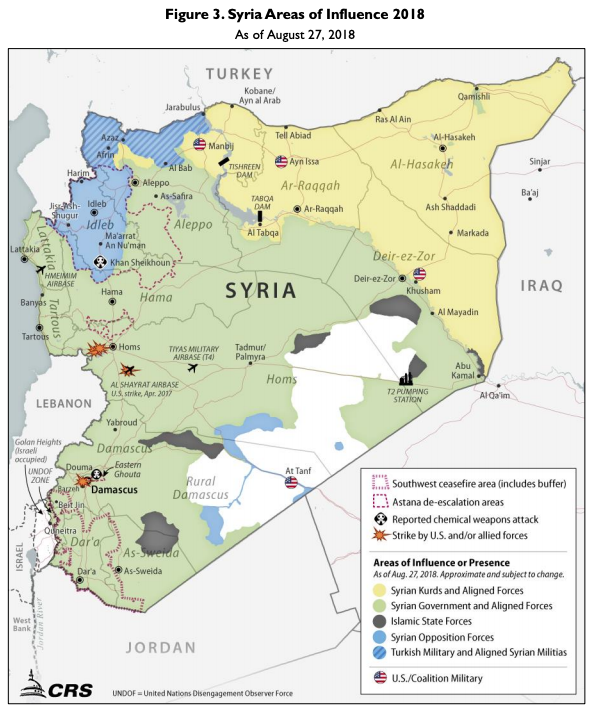 As for the United States, its “military is so large” that it remains a power “with some very fast moving units” that can respond to rapidly changing circumstances but can be encumbered by its vast size.
As for the United States, its “military is so large” that it remains a power “with some very fast moving units” that can respond to rapidly changing circumstances but can be encumbered by its vast size.
“A military in contact either learns or loses,” Orion said.
But the “fundamental rot” of the Assad regime in Cafarella’s view, throws into question whether Damascus with the backing of the Russians and the Iranians can hold the territory that it has reclaimed from the Islamic State and al Qaeda and by defeating forces originally backed by the United States.
Already the Sunni extremists are showing signs of regaining strength that could scare off European and Japanese investors who earlier expressed an interest in reconstruction projects in Syria, she added.
Orion said, for all parties, including Israel, “this is a long war” that will continue.


